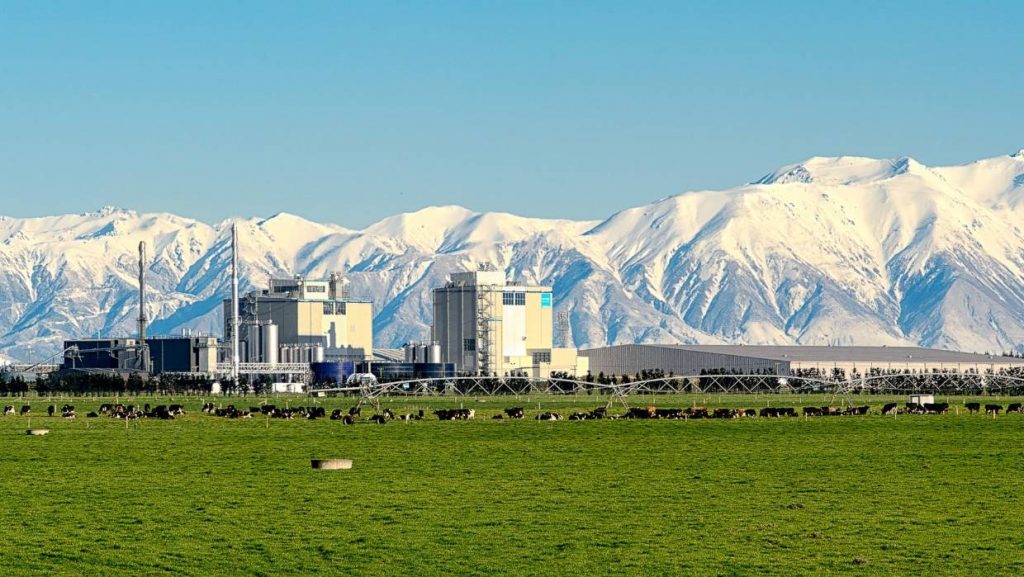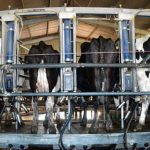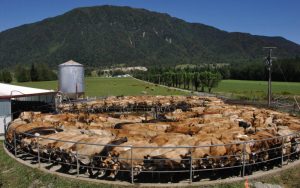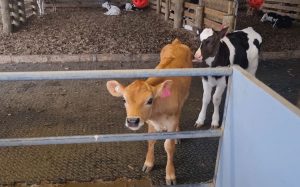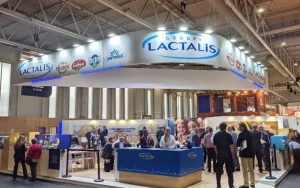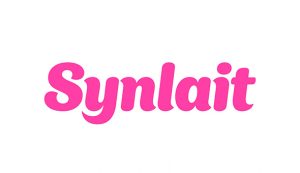
The 39 per cent Chinese-owned dairy company said it wanted to use the land for three reasons:
– To give it greater security over water rights. Synlait will inherit rights to irrigation water and the purchase will allow it to dispose its factory waste water on to the land.
– To develop a rail siding which will allow containers to be shipped direct from Dunsandel to Lyttelton and will cut out 16,000 truck movements a year.
– To use the land for farming trials and research.
Synlait chief executive Leon Clement said the research would play a role in developing its Lead with Pride programme, which aims for more sustainable farming practices.
The land deal comes on top of other big investments that Synlait has made recently, including $260m for its Pokeno infant formula plant, $112m for cheese supplier Dairyworks and between $30m and $40m for Talbot Forest cheeses. The OIO has yet to give consent to the Dairyworks deal.
As an exporter it is exposed to the impacts of Covid-19; the latest update it provided came in last month’s full year earnings guidance. Clement then said there had been no material short-term impact on its financial performance but there was “some downside risk”.
As a result it forecast an annual net profit of between $70m and $85m, a lower range than previously expected.
“We are not currently experiencing any supply chain disruption; however, we are monitoring the situation very closely and felt it prudent to front foot potential impacts,” Clement said.
A fuller update will be provided on March 19, the day the half year results are announced.
Meanwhile, a Supreme Court hearing has been set down for April 29-30 to hear a Synlait appeal against a Court of Appeal decision that said its Pokeno factory is in breach of covenants.
